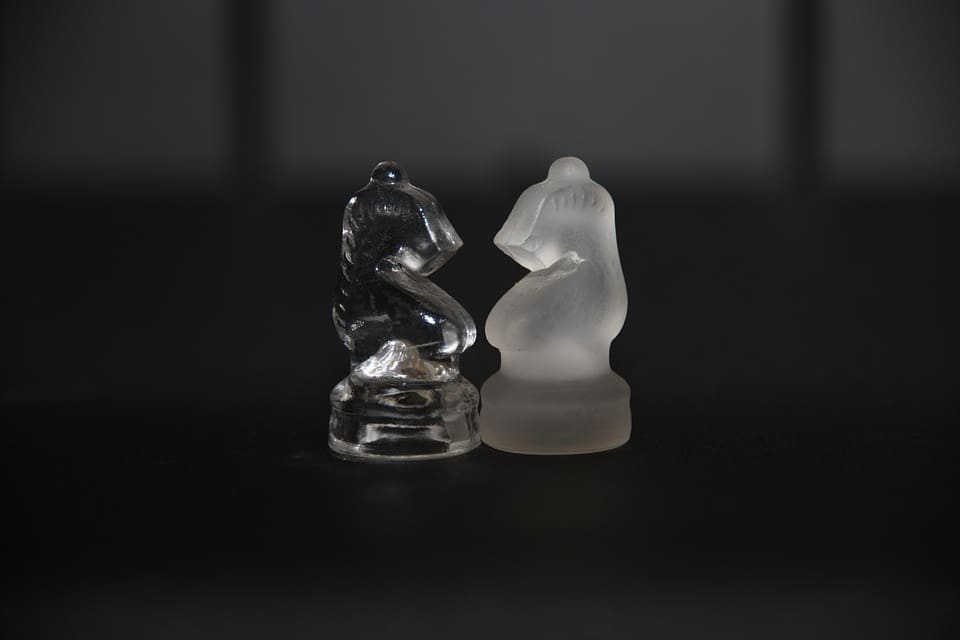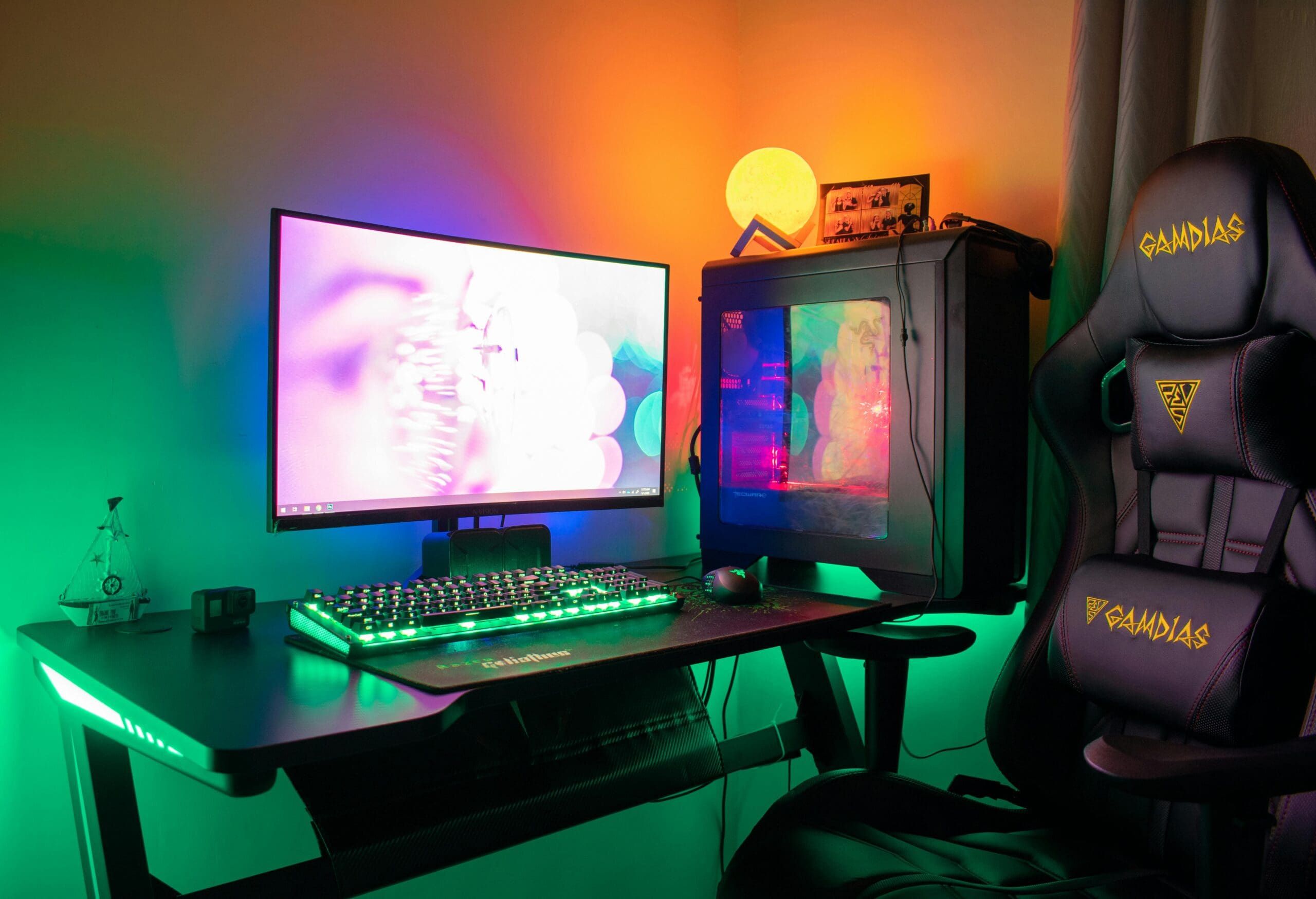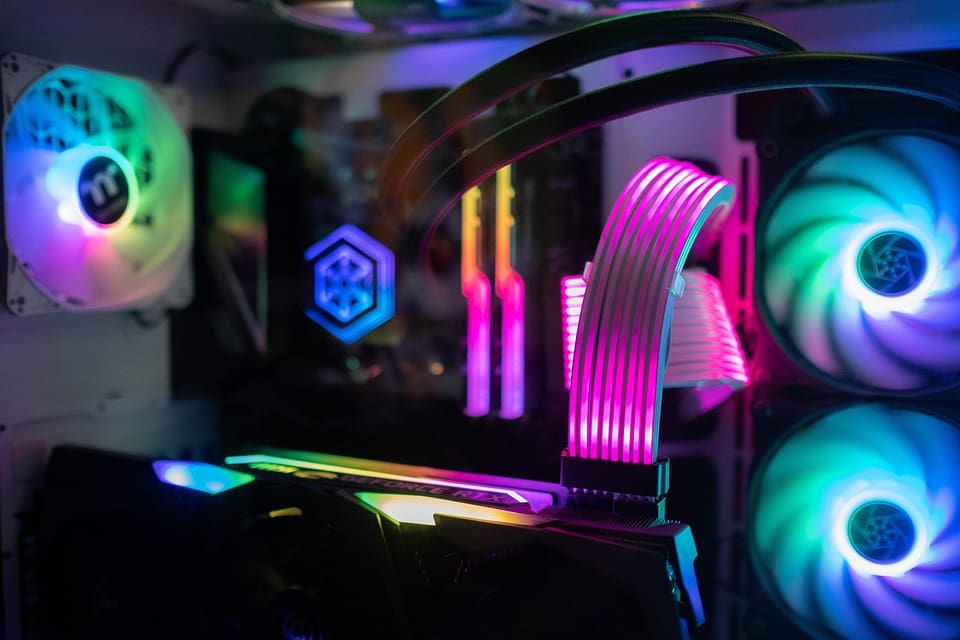Introduction
Gaming PCs have become increasingly popular among gamers due to their ability to deliver high-performance gaming experiences. Building a gaming PC can be a rewarding experience, but it requires careful planning and knowledge to ensure that the system runs smoothly and efficiently. In this guide, we will provide a comprehensive overview of building a gaming PC, covering everything from selecting the right components to optimizing performance for an optimal gaming experience.
Why This Topic Matters
Building a gaming PC is a crucial step for gamers who want to experience the best performance in their favorite games. A well-built gaming PC can provide higher frame rates, faster load times, and overall better gaming experiences. However, a poorly optimized or maintained gaming PC can lead to frustrating performance issues, overheating, and even hardware failures. By understanding the key aspects of building a gaming PC, gamers can ensure that their system runs smoothly and delivers the best gaming experience possible.
Step-by-Step Guide / Essential Tips
1. Choose the Right Components
One of the most important steps in building a gaming PC is selecting the right components. This includes choosing a compatible motherboard, CPU, GPU, RAM, storage, and power supply. It is essential to research and ensure that all components are compatible with each other to avoid any compatibility issues.
2. Assemble the PC Carefully
Once you have selected all the components, it is time to assemble the PC. Make sure to follow the manufacturer’s instructions carefully and take your time to ensure that all components are installed correctly. Proper cable management is also crucial to ensure good airflow and prevent overheating.
3. Install the Operating System and Drivers
After assembling the PC, you will need to install the operating system and drivers. Make sure to install the latest drivers for all components, including the GPU, motherboard, and peripherals. This will ensure that your system runs smoothly and efficiently.
Common Mistakes to Avoid
- Ignoring Compatibility: One common mistake that many beginners make is ignoring compatibility issues between components. This can lead to performance issues and system instability.
- Not Properly Cooling the System: Another common mistake is not properly cooling the system. Proper airflow and cooling are essential to prevent overheating and ensure optimal performance.
- Skipping Regular Maintenance: Regular maintenance, such as cleaning dust buildup and updating drivers, is crucial to ensure that your gaming PC runs smoothly and efficiently.
Advanced Optimization Tips
For advanced users looking to further optimize their gaming PC, here are some additional tips:
- Overclocking: Overclocking your CPU and GPU can provide a performance boost, but it should be done carefully to avoid damaging your components.
- Custom Cooling Solutions: Consider investing in custom cooling solutions, such as liquid cooling, to keep your system running cool and quiet.
- Monitoring Software: Use monitoring software to keep an eye on your system’s temperatures, clock speeds, and usage to ensure optimal performance.
Final Thoughts
Building a gaming PC can be a fun and rewarding experience, but it requires careful planning and knowledge to ensure that the system runs smoothly and efficiently. By following the tips and guidelines outlined in this guide, gamers can build a high-performance gaming PC that delivers the best gaming experiences possible. Whether you are a beginner or an experienced gamer, optimizing your gaming PC is essential for smooth gameplay and system stability.
💬 What has been your biggest challenge with building a gaming PC? Share your experiences and tips in the comments below!


